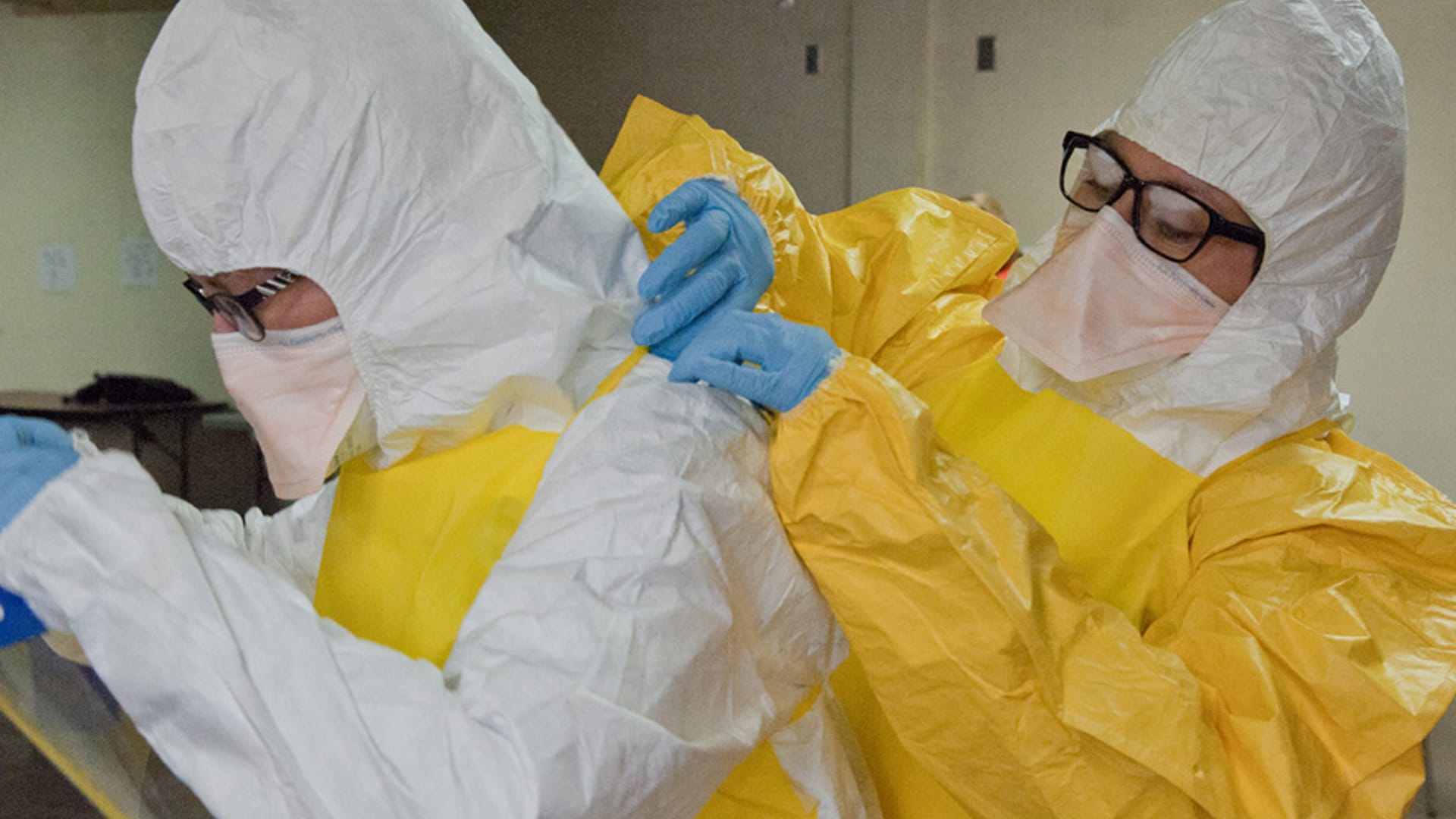What to know
CDC’s Division of Regulatory Science and Compliance (DRSC) oversees three important programs: the Federal Select Agent Program (FSAP), the Import Permit Program (IPP), and the U.S. National Authority for Containment of Poliovirus (NAC).

What we do
Scientific research in laboratories, especially on select agents and toxins, leads to discoveries that can save lives and help protect the American people's health, safety, and security. Because this research is critical, CDC ensures it is conducted as safely and securely as possible.
How we do it
Federal Select Agent Program (FSAP)
To help ensure that potentially risky biological materials are handled safely and securely, research with select agents and toxins is done in labs that are registered with FSAP. The program is managed jointly by DRSC and the Animal and Plant Health Inspection Service's Division of Agricultural Select Agents and Toxins (or DASAT, part of the U.S. Department of Agriculture). DRSC regulates agents that cause disease in humans, while DASAT regulates agents that cause disease in animals and plants.
Select agents and toxins are biological materials that have the potential to pose a severe threat to public health and safety, to animal and plant health, or to animal or plant products. In 2023, 226 entities were registered with FSAP to possess a select agent or toxin.
FSAP currently regulates 68 select agents and toxins. The list is reviewed every two years to determine if agents or toxins need to be added to or deleted from the list.
FSAP conducted 197 inspections of registered entities in 2023.
Import Permit Program (IPP)
The CDC IPP regulates the importation of infectious biological materials that could cause disease in humans. To prevent their introduction and spread into the U.S., the program ensures that the importation of these agents is monitored and facilities receiving permits have appropriate biosafety measures in place to work with the imported agents.
In recent years, more than 2,700 import permits have been issued by the program annually. Most permits are issued to laboratory facilities at government agencies and universities or private and commercial laboratories conducting research studies or diagnostic activities.
In 2023, IPP conducted 217 inspections.
U.S. National Authority for Containment of Poliovirus (NAC)
The NAC helps reduce the risk of polioviruses being released from where they are worked with or stored. It is responsible for implementing the containment plan in the U.S. The U.S. Department of Health and Human Services designated the NAC in January 2018.
